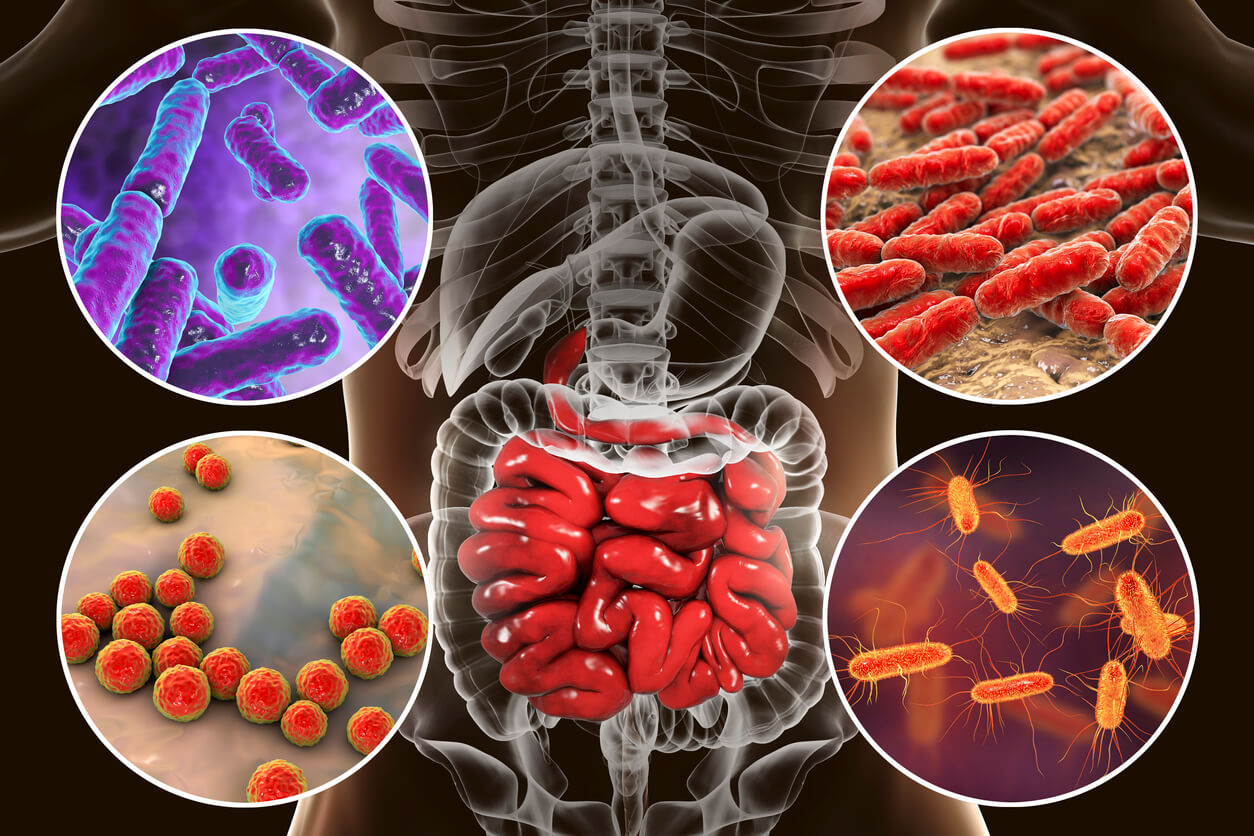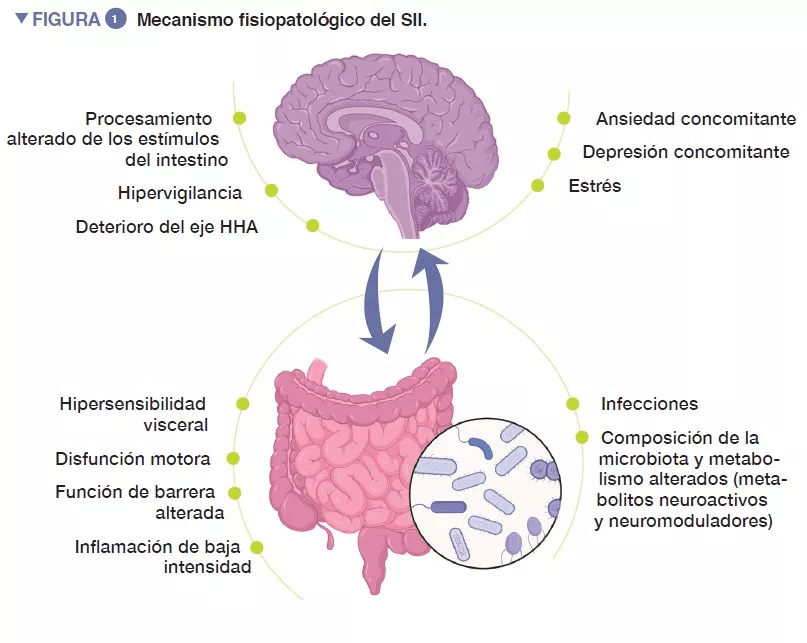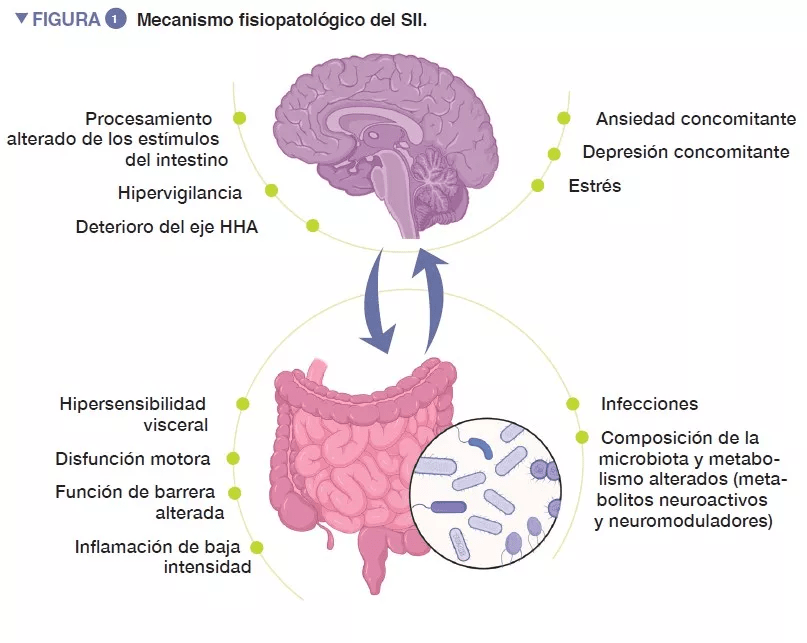
There is no specific artificial intelligence designed exclusively for the development, knowledge, and research of the human microbiota, but various AI platforms and tools are actively being used in this field, with promising applications. Below, I detail the main initiatives and AI technologies that are contributing to the study of the human microbiota, based on recent and relevant information:
Enbiosis AI:
Objective: Enbiosis uses artificial intelligence to analyze the gut microbiome and offer personalized gut health solutions, such as food and probiotic recommendations. Their technology is based on the analysis of large volumes of microbiome data, extracted from projects like the Human Microbiome Project and the American Gut Project, among others.
Applications: Identifies genetic biomarkers associated with human health, develops personalized probiotics, and explores the relationship between diet and microbiota. Its database includes information from over 40,000 people, allowing for continuous improvement of its machine learning models.
Relevance: It is one of the most prominent platforms in the customization of gut health through AI, with a focus on nutrition and the prevention of chronic diseases.
Machine Learning in the Human Microbiome Project (HMP):
Objective: The Human Microbiome Project (HMP), initiated by the National Institutes of Health (NIH) of the USA, is not an AI itself, but it uses machine learning tools to analyze metagenomic data and characterize microbial communities in the human body.
Applications: AI is used to identify patterns in microbial composition, relating them to diseases such as diabetes, inflammatory bowel diseases, obesity, and neurological disorders. For example, correlations have been identified between changes in the microbiota and conditions such as ulcerative colitis or Crohn's disease.
Relevance: The HMP has established a reference database that is widely used by AI algorithms to advance the understanding of the microbiota and its impact on health.
Research with Machine Learning at IMDEA Food:
Objective: The IMDEA Food Institute has implemented machine learning to study the human microbiota, focusing on the identification of biomarkers, disease prediction, and the development of personalized treatments.
Applications: Their studies have explored the relationship between the microbiota and diseases such as celiac disease, cancer, and aging, using AI techniques to analyze complex sequencing data. They also promote educational initiatives like #AnnualFoodAgenda to raise awareness about the importance of diet in the microbiota.
Relevance: Their work stands out for integrating AI with precision nutrition, seeking healthy lifestyle habits that optimize the microbiota.
Specific studies with AI for health conditions:
Autism: Researchers at the Monterrey Institute of Technology have used machine learning to identify bacterial markers in the gut microbiota that could predict autism spectrum disorder (ASD) in children. This approach has shown greater accuracy than traditional bioinformatics methods.
Vitiligo and atopic dermatitis: AI has identified patterns in the gut microbiota that allow for a diagnosis of vitiligo with 92.9% accuracy and detect risks of atopic dermatitis in infants through fecal calprotectin levels.
Immunotherapies against cancer: AI is used to analyze how the gut microbiota modulates the response to oncological treatments, identifying biomarkers that predict the efficacy of immunotherapies.
Bacterial infections: At the Polytechnic University of Madrid, AI models have been developed to predict the virulence of pathogenic bacteria, such as Citrobacter rodentium, by analyzing combinations of protein effectors.
Other developments:
University of Guadalajara: They study how AI can analyze fecal samples to identify substances that affect the neuronal functions of the microbiota, with implications for mood disorders and diseases such as Cushing's syndrome.
CSIC (Higher Council for Scientific Research): Researchers like Yolanda Sanz have used AI to explore the role of the microbiota in diseases such as diabetes, focusing on its impact on metabolism and immunity.

Massive sequencing techniques: Tools such as metagenomics and metabolomics, powered by AI, allow the analysis of microbial diversity and the metabolic functions of the microbiota, identifying key genes and metabolites.
Summary and recommendation
No AI is exclusively dedicated to the human microbiota, but tools like Enbiosis AI and machine learning models applied in the Human Microbiome Project and other institutions (IMDEA, CSIC, Tec de Monterrey) are leaders in this field. These technologies focus on:
Complex data analysis: They use machine learning to identify patterns in the composition and function of the microbiota.
Personalized medicine: They develop personalized treatments and diets based on the microbiota of each individual.
Disease prediction: They detect biomarkers for conditions such as autism, cancer, diabetes, and inflammatory diseases.
Therapeutic innovation: They explore next-generation probiotics and strategies such as fecal microbiota transplantation.
If you are looking for a specific tool, Enbiosis AI is the most accessible for practical applications in personalized gut health. For academic research, I would recommend exploring the resources of the Human Microbiome Project or collaborating with institutions like IMDEA Food or CSIC, which integrate AI into their studies.

DYOR
$BTC

